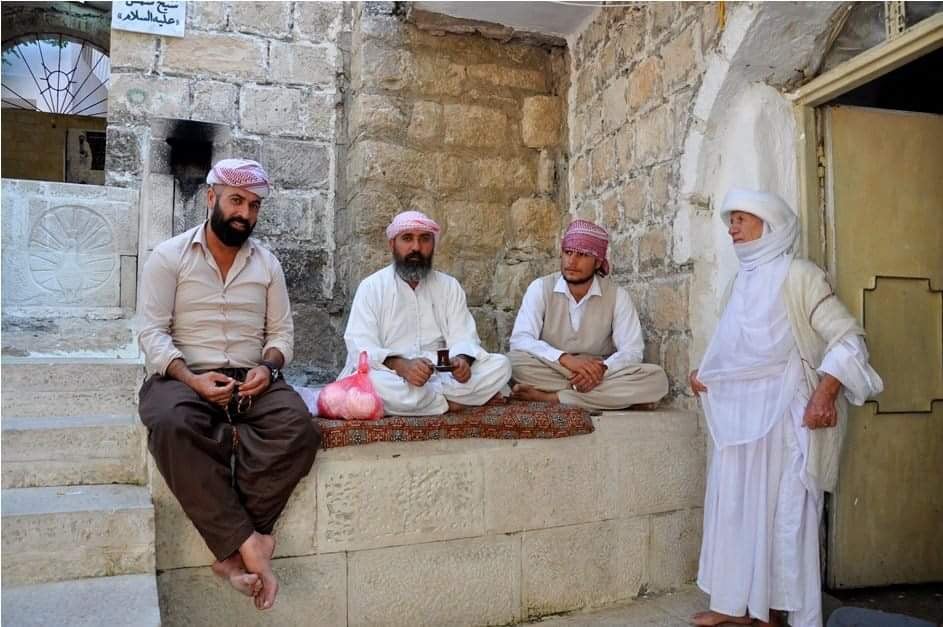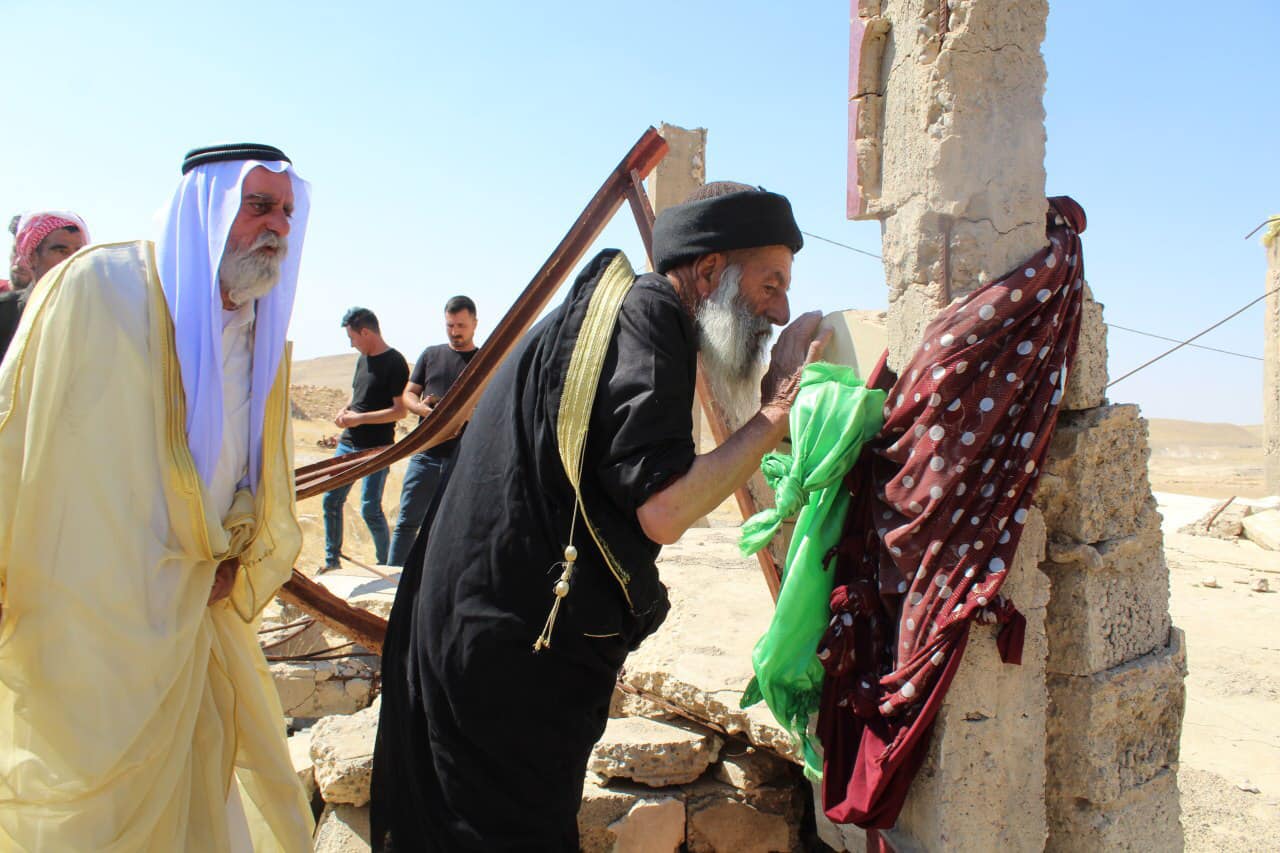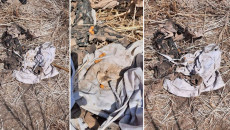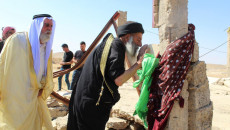Of the total 550,000 Ezidis, 310,000 are still displaced or have migrated. This is the consequence of the onslaught on the community by ISIS militants and the atrocities they committed against them.
In this report, through presenting numbers, KirkukNow cast light on the transformation of the religious minority since the takeover of Shingal on 3 August by ISIS, when KRG’s Peshmerga forces retreated without defending the region.
Displacement, migration and losses
According to statistics from the General Directorate for Ezidi Affairs of the Kurdistan Regional Government, the Ezidi community in Iraq used to consist of about 500,000 people. 310,000 of them are still displaced or migrated to foreing countries.
During the ISIS onslaught, 1,293 Ezidis were killed, and 2,745 have lost one or both parents.
More than 100,000 Ezidis have migrated to foreign countries.
Rescuing the kidnapped
According to the latest statistic, 6,417 individuals have been registered as kidnapped, among those 3,548 are males and 2,869 are females.
3,537 individuals have been rescued: 1,184 women, 339 men and 1,997 children.
Despite the defeat of ISIS in Iraq and Syria, the fate of 2,880 Ezidis (1,304 females and 1576 men) is still unknown.
The mass graves
The committee for collecting evidence on the Ezidi genocide has located 80 mass graves. So far, 17 of them have been excavated.
In the mass graves which have been excavated, the remains of 245 women have been exhumed, 111 of those have been sent to Baghdad for forensic autopsy for determining their identities. The examination of 60 has been completed.

Falah Hasan, a member of the committee, told KirkukNow that “90% of them are from the village of Kojo.”
The damage on shrines and other sacred places
68 Ezidi shrines and other sacred places in Iraq have been damaged. 43 of them have been restored.
Ja’far Simo, head of Ezidi Affairs Office in Duhok, said: “All those shrines have been restored by Samaritans.”
Most of the restored shrines are located in the Nineveh Plain.
Despite those statistics, the process of recognizing the atrocities comitted against the Ezidis as genocide is still ongoing.
Haso Hurmi, head of an Ezidi advisory organ at the United Nations, said: “So far, 18 international recognition of the genocide against Ezidis and others have been issued.”







